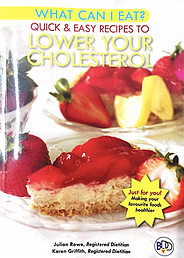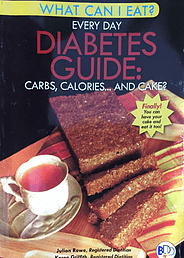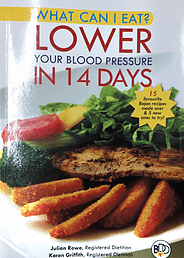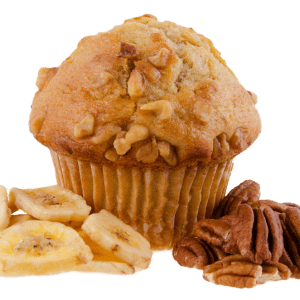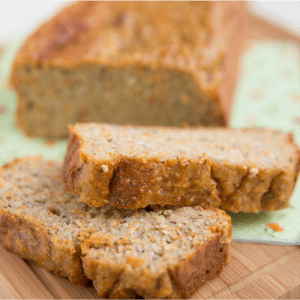If ever there was a time when healthy eating matters, it is now. When the body is fighting an infection it is really important that we provide it with the tools it needs to battle.
Healthy eating is vital at this time since our immune systems have been under constant threat and maybe weakened after being infected with the COVID-19 virus. For some people this virus makes you exhausted, tired and can drain you of all your physical and mental energy.
There is usually an increased need for energy, protein, micronutrients (vitamins and minerals), fluid, rest and relaxation and sleep. This becomes necessary to support your immune system whilst allowing the body to regain stamina and energy.
COVID 19 Diet Recovery Guidelines
Add calorie-dense foods: Calorie-dense foods can give you a boost of energy, these include high fibre foods like plantain, oats, sweet potato, yam, cassava, green banana, whole wheat pasta, brown rice, peas and beans. These foods are extremely beneficial for your immune system and should be included in all main meals. To increase the energy density of these foods you can also add some oil or butter, especially if your appetite is poor, and have small meals instead of large meals.
Eat adequate amounts of protein: Protein provides the body with essential amino acids, these amino acids are then used for tissue repair, nutrient absorption and building new proteins, which in turn helps to build muscle and repair damage to our bodies. Food sources of protein include fish, meat and poultry, eggs, peas and beans e.g. lentils, kidney beans, pigeon peas, milk and dairy products, nuts. During this time make sure to include a protein source at every main meal or have between meals as a snack.
Choose whole fruits and vegetables, instead of sugary alternative juices. These provide the body with the necessary vitamins and minerals, antioxidants and fibre that are also necessary for recovery. These nutrients are known to boost the immune system and can help fight against infection and disease. Include your green leafy vegetables e.g. spinach, kale,
broccoli leaves, Chinese cabbage etc. along with your pomegranates, pawpaw, banana, and other local fruits for your vitamin C boost.
Include immune building herbs and spices: these herbs and spices are often overlooked in our meal planning. However, these herbs and spices are known to have significant immune-boosting properties as they contain antioxidants and a host of bioactive compounds. These can be added to your cooking, seasoning or made into herbal teas. Add clove to your seasonings, stews or teas, try turmeric tea with ginger or ½ teaspoon turmeric with ½ cup hot milk, add cinnamon to your cereals, tea or shakes or grated garlic to salads.
Maintain regular fluid intake: We need water for our survival. Water carries nutrients in the blood, regulates body temperature, keeps us hydrated and helps with the removal of waste. Recommended water intake during this period is 9- 12 cups per day, this can be taken in small amounts. If you are struggling to drink plain water try coconut water, popsicles, shakes, soups or broths, hot or cold teas with lemon or lime.
Boost your Vitamin D levels: Vitamin D is not just a vitamin it also functions as a hormone and is closely involved with the immune system. Several studies have indicated that boosting Vitamin D levels are effective in improving COVID outcomes. So spent 15-30 minutes outside on your patio or in your garden catching those rays. Sunlight is reportedly also beneficial for the cardiovascular system as it releases Nitric Oxide from our skin stores.

